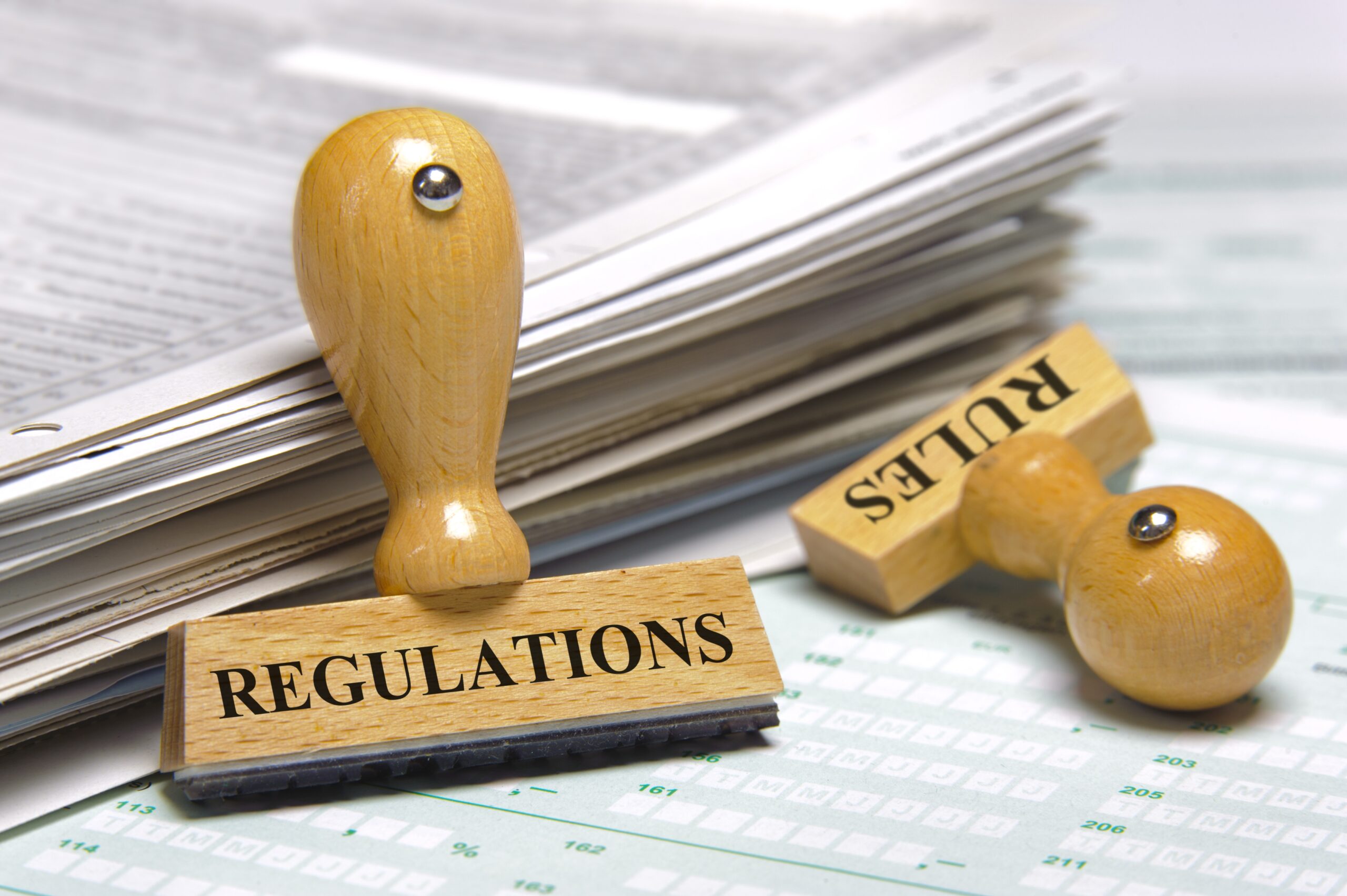HOMENEWS & INSIGHTS
Do you know your charity’s rules? The importance of understanding and following your charity’s constitution.
Be honest, when was the last time you read your charity’s governing document (or it may be referred to as its constitution, articles of association or trust deed)?
Have you ever taken the time to read it in full?
Your governing document acts as the charity’s “rule book” and should specify the rights and obligations of the organisation’s trustees, and any members. It also includes certain restrictions upon the way in which the charity can act, helping to ensure that its activities are aimed at benefiting the public and are therefore charitable.
Whilst it might not be the most thrilling of reads, trustees in particular should be familiar with the terms of this document for the following reasons:
- A trustee has a personal duty to ensure that their charity is acting in accordance with its powers;
- It often answers many of the questions put forward to the Charity Commission (such as how many trustees the charity needs and how a trustee can be appointed) – the Commission has recently complained about the number of enquiries it is receiving that could be dealt by the organisation itself if it simply turned to its constitution; and
- Acting in breach of your governing document can have serious implications, such as an investigation from the Charity Commission. It also has the potential to invalidate the activities you have undertaken.
Any members of the charity should also be provided with a copy of this document at their request so that they can familiarise themselves with their rights and duties.
Upon reading your governing document, you may find that the provisions you are bound by do not reflect the way in which you manage your charity, for example;
- You might discover that the quorum (i.e. the minimum number of individuals) needed to hold a meeting is not followed and / or not workable in practice
- You might hold trustee meetings by electronic means (such as Skype or conference calls), but have no explicit right to do so in your constitution
If you are not following the terms of your governing document then you will either need to update it (to the extent you are permitted to do so) or amend your practices. You will also need to ensure that your governing document complies with the current charity law and good practice.
Make sure any amendments are carried out in a way that complies with your current constitution and charities legislation. Be aware that you might need the Charity Commission’s consent to make certain changes. You will always need to notify the Commission of any changes once they have been put into place if you are a registered charity.
If you do not have a copy of your constitution then you can ask the Charity Commission to provide one (assuming you are registered with them), but you should really ensure that a master copy is kept in a safe place in order that it can be easily located and referred to.
If you would like any advice on your Charity Governing Document then please contact Edwina Bones at e.bones@laceyssolicitors.co.uk on 01202 377800.
Share article
Our offices
Contact Us
5 Poole Road
Bournemouth
Dorset
BH2 5QL
Tel 01202 377800
9 Poole Road
Bournemouth
Dorset
BH2 5QR
01202 377800


